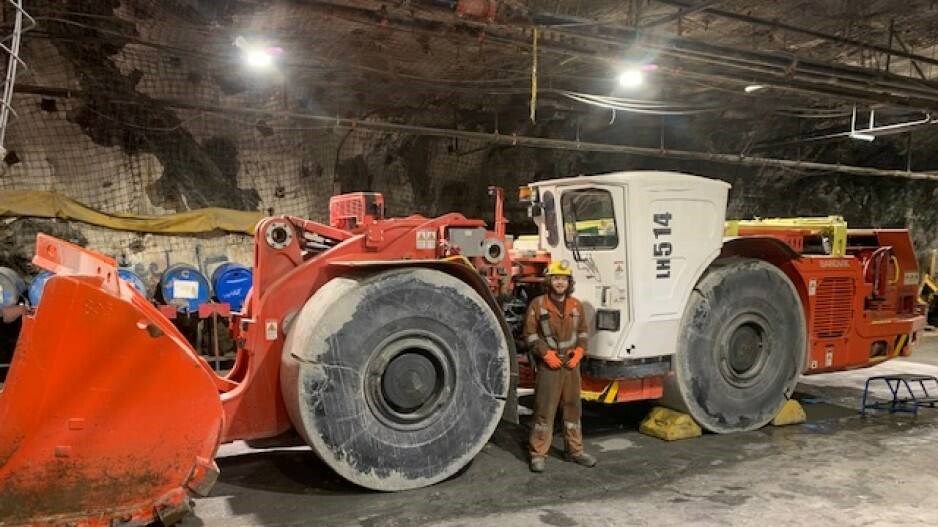The City of Campbell River and the province are putting together a support plan for the 300 workers affected by the closure of the Myra Falls Mine.
A working group made up of government, First Nations, employers and the union representing the miners is expected to start meeting in January to establish services for workers and map out a strategy to diversify Campbell River’s economy.
Rose Klukas, Campbell River’s director of economic development and Indigenous relations, said it’s important to move quickly given the impact of the closure.
“We wanted to get ahead with putting some plans into place for the community moving forward,” said Klukas.
Those plans include establishing an online “marketplace” to connect displaced workers with new opportunities in local businesses. “There are potentially opportunities for us to help make some connections,” she said, adding there are a lot of jobs available in Campbell River.
While it may take time for workers to find work of equal value, since many jobs don’t pay as much as those in mining, there are opportunities, she said.
Klukas said her department has already heard from employers in industrial sectors as well as tourism that are looking for workers.
Workers were told this week the mine was no longer financially viable and had been shut down.
Only 24 of the Unifor members who were working at the underground mine will be kept on to maintain the 3,901 hectare site about 90 kilometres southwest of Campbell River.
The company blames depressed metal prices and rising operating costs for financial woes at the 57-year-old mine, which produces copper, lead and zinc and some gold.
Unifor national representative Mario Santos, who represents 300 Myra Falls workers with Local 3019, said the good news is that the mining sector in the rest of the country is fairly healthy and there are jobs available.
“We’re getting calls, sometimes hourly, with recruiters trying to bring in workers for other clients,” he said. “There’s a lot of job opportunities.”
The downside is there is a high probability that workers wanting to stick to the mining sector will have to leave Campbell River, either permanently or temporarily.
“Some of the job offers we’re getting in are about camp work — there’s tons of camps out there,” he said, noting there is always work for people with skilled trades. “So while it’s positive there are opportunities out there, there’s a good chance that people might not want to leave. They want to stay in the community.”
That’s where the support services will come into play.
Klukas said they will be trying to connect workers with opportunities in other fields and help them retrain to change sectors.
She noted Campbell River and the districts of Mount Waddington and Strathcona have joined forces over the last year to study how to attract and retain workers.
That report, which will be released in the first quarter of 2024, will point out that all sectors in the region — from the resource-based to health care and tourism — need people.
Santos said he hopes the services for workers will include practical help like resume assistance for people looking for work and finding training opportunities and funding for those wanting to upgrade skills to move into a new sector.
He said the union will start canvassing members this week to get a sense of what kind of help they would prefer.
Klukas also noted Campbell River, which has a history of being tied to resource industries like fishing, mining and forestry that have seen ups and downs, is ready to diversify its economy again.
“If nothing else, we are a resilient community, and we’re a beautiful community. People want to live here,” she said. “We’re looking at not just a short-term fix, but we’re looking at it as a way to continue to grow our community and attract people and families here.”



